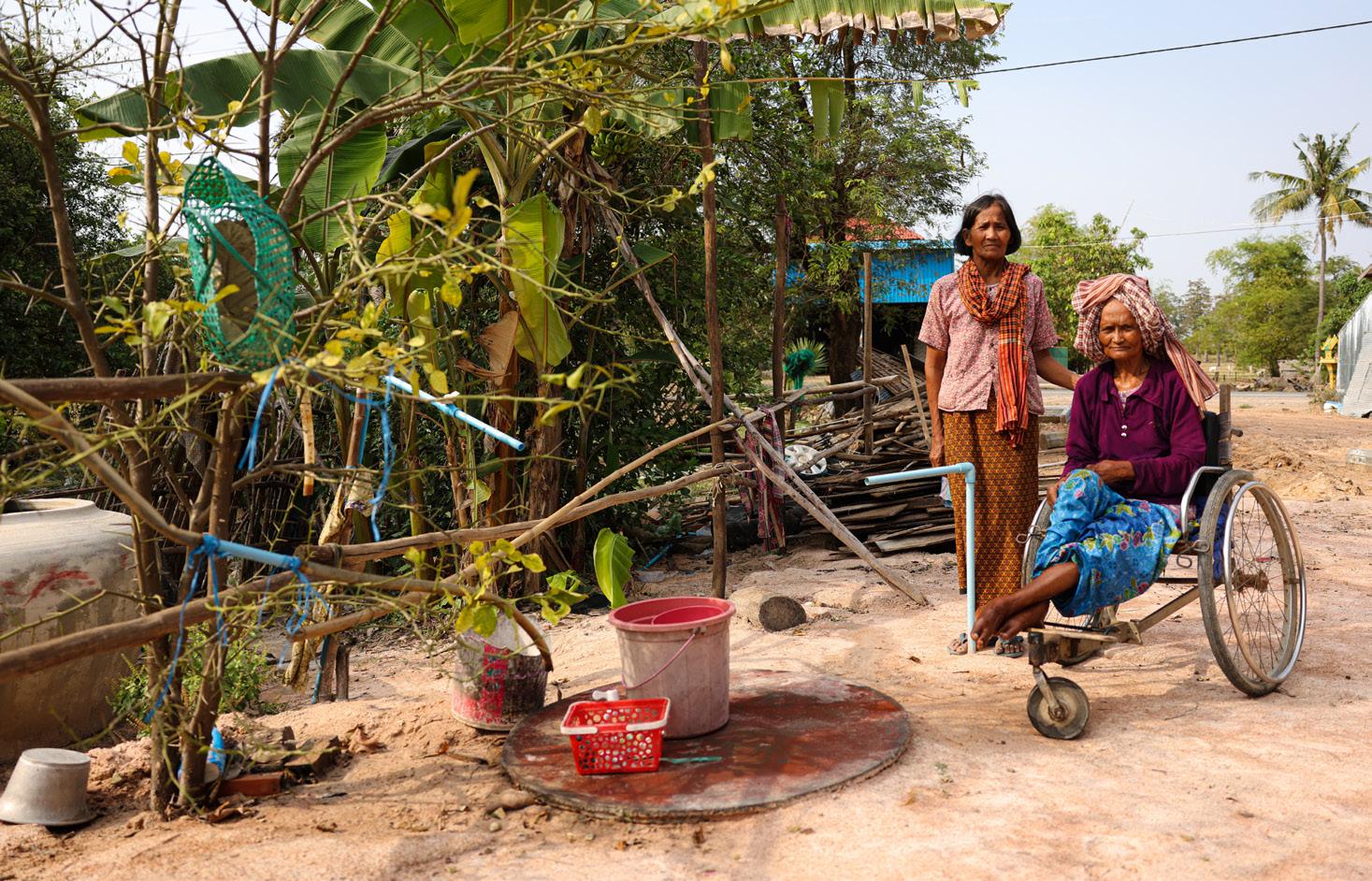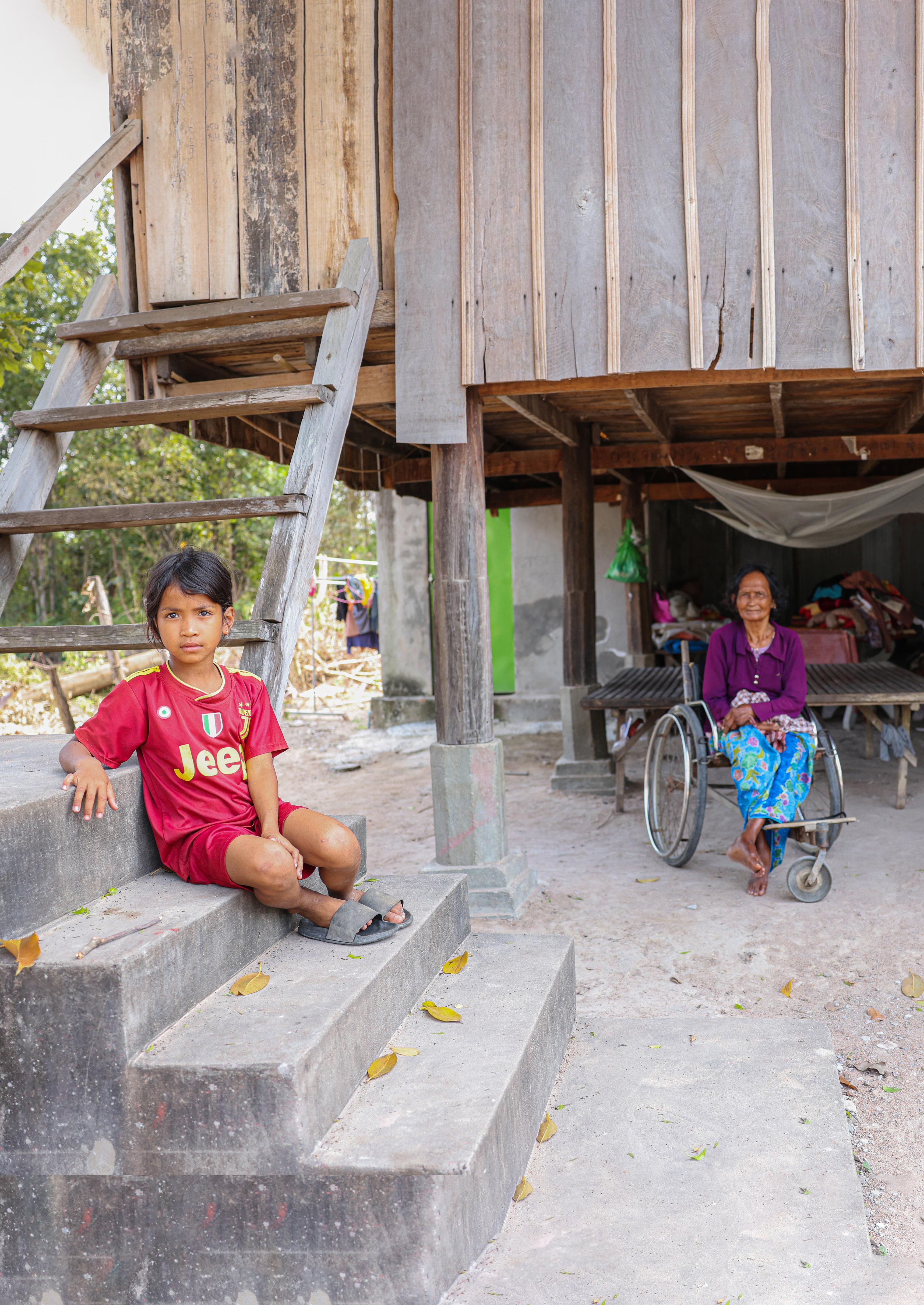
1 minute read
Gender Equality, Diversity, and Social Inclusion
People with disabilities often experience difficulties accessing water, sanitation and hygiene (WASH) due to facilities not being designed with accessible features, or negative attitudes about the capabilities of people with disabilities.
Over the past three years, WaterAid has collaborated with the London School of Hygiene and Tropical Medicine to assess the degree to which WASH policy commitments in Cambodia and Bangladesh are disability inclusive. The study, ‘Translating disability inclusive WASH policies into practice: lessons learned from Cambodia and Bangladesh’, had 65 participants and aimed to develop evidence-based guidance for the government in Cambodia, Bangladesh and other low and middle-income countries about implementing disability-inclusive WASH at scale.
Advertisement
The study found that people with disabilities and their families often could not afford to make adaptions to their WASH facilities such as toilets. Participants with disabilities were not able to independently bathe or use a toilet without assistance. The study also found that often caregivers had not received training on hygienic caregiving and they did not have assistive devices available to help them meet the WASH needs of people with disabilities.
WaterAid, London School of Hygiene and Tropical Medicine, and our local Organisations of People with Disabilities partners have disseminated findings from the research widely in Cambodia and Bangladesh. In Cambodia, five workshops reached more than 300 participants including more than 100 people with disabilities. In Bangladesh, three events reached more than 100 participants including 45 people with disabilities. In Cambodia, we also partnered with Epic Arts to develop creative films capturing the research findings, which were disseminated to
Government and others.
The study and the workshops increased awareness among duty bearers (including service providers) about the WASH access of people with disabilities and caregivers, how it can be improved, and the power and value of ensuring people with disabilities are at the front and centre of WASH progress.
The project also led to improved collaboration between WASH, disability and health actors, and increased the meaningful participation of people with disabilities in WASH policy discourse and the identification of solutions. It also enhanced the skills of disability and WASH practitioners with and without disabilities to carry out scientific research.
Kung Ouern, 66, and her great niece at their home in Sammeaki Meanchey district, Cambodia









